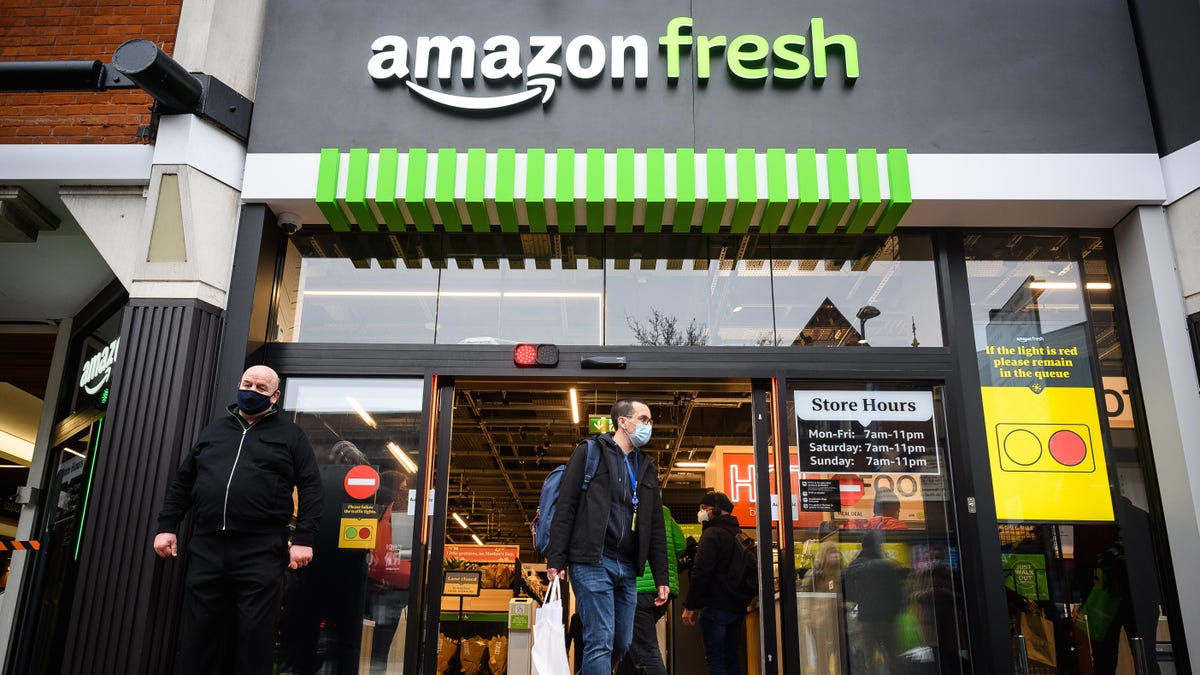

It literally was though. Not a military intelligence tool, but a big business intelligence one.
Niantic was founded by Google and their first product, Field Trip, and their first game, Ingress (a much better-designed game than Pokémon Go, btw) were pretty obviously about gaining geolocation data for Google to improve their products like Maps and Shopping.






True, and that’s important context if you’re trying to get a deeper understanding of how Julius Caesar came to have the power he held before his assassination.
But there’s enough of a problem you can see even if you just start at Julius, which is what I was concentrating on in my previous comment. The parallels to Trump are terrifyingly on the nose.